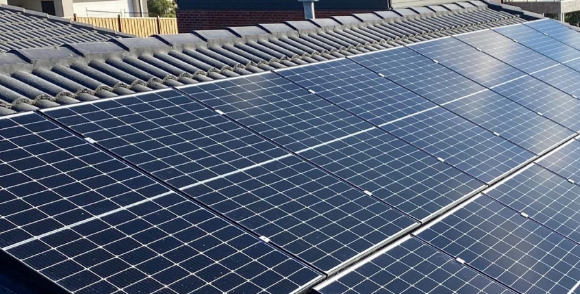In today's world, where sustainability and environmental consciousness are becoming increasingly important, it is essential to consider energy-efficient and environmentally friendly options for backup power solutions. Traditional backup generators are often associated with high fuel consumption and emissions. However, advancements in technology have led to the development of more eco-friendly alternatives. In this article, we will explore some recommendations for energy-efficient and environmentally friendly backup generators.
- Inverter Generators: Inverter generators are known for their energy efficiency and quiet operation. Unlike conventional generators, which run at a constant speed, inverter generators adjust their engine speed based on the power demand. This feature allows them to operate at lower speeds during periods of lower demand, resulting in reduced fuel consumption and lower emissions. Inverter generators also produce cleaner power with less harmonic distortion, making them suitable for sensitive electronics.
- Hybrid Generators: Hybrid generators combine multiple power sources to provide backup power. They typically integrate a renewable energy source, such as solar panels or wind turbines, with a traditional fuel-based generator. These generators optimize power generation by utilizing the renewable source whenever available and resorting to the fuel-based generator when necessary. By incorporating renewable energy, hybrid generators significantly reduce fuel consumption and emissions, making them an excellent choice for eco-conscious individuals.
- Biogas Generators: Biogas generators utilize organic waste, such as food scraps or agricultural residue, to produce electricity. The waste is anaerobically digested, producing biogas, which is then used as fuel for the generator. Biogas is a renewable and clean-burning fuel that reduces greenhouse gas emissions and provides a sustainable power solution. Biogas generators not only offer backup power but also contribute to waste reduction and environmental sustainability.

- Propane Generators: Propane is a clean-burning fuel that produces lower emissions compared to gasoline or diesel. Propane generators are an eco-friendly alternative for backup power needs. Propane is readily available, and its combustion releases fewer pollutants into the atmosphere. Propane generators are also quieter in operation and require less maintenance compared to traditional fuel-powered generators. Consider a propane-powered backup generator to minimize your carbon footprint and support a cleaner environment.
- Solar Generators: Solar generators harness the power of the sun to generate electricity. They consist of solar panels that capture sunlight and convert it into electrical energy. Solar generators are silent, emission-free, and require no fuel consumption. They are an excellent choice for eco-conscious individuals looking for a sustainable backup power solution. Solar generators can be paired with battery storage systems to provide power during nighttime or when sunlight is not available.
- Energy Storage Systems: Energy storage systems, such as lithium-ion batteries, are an efficient way to store excess electricity generated by renewable energy sources or during off-peak hours. These batteries can be charged when electricity is readily available and discharge power when needed, providing backup power during outages. Energy storage systems reduce dependency on fossil fuel-based generators and promote the utilization of clean energy.
- Smart Energy Management: Consider backup generators equipped with smart energy management features. These generators can optimize power consumption by automatically adjusting the power output based on demand. They can also integrate with smart home systems to prioritize power usage, allowing you to manage energy efficiently during outages. Smart energy management features minimize fuel consumption, reduce emissions, and contribute to a greener backup power solution.
When choosing an energy-efficient and environmentally friendly backup generator, consider your power requirements, available energy sources, and budget. Research reputable brands that specialize in eco-friendly generators and ensure proper installation and maintenance for optimal performance. By selecting a sustainable backup power solution, you not only ensure uninterrupted power but also contribute to a greener and more sustainable future.